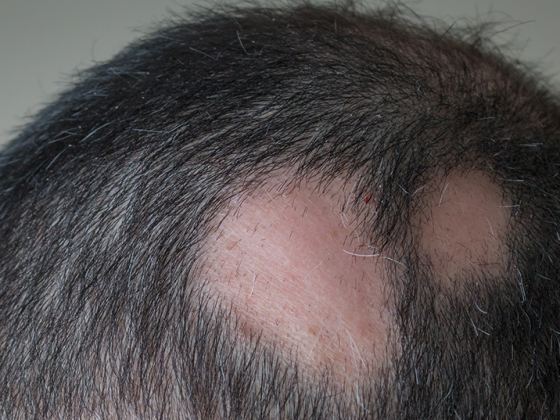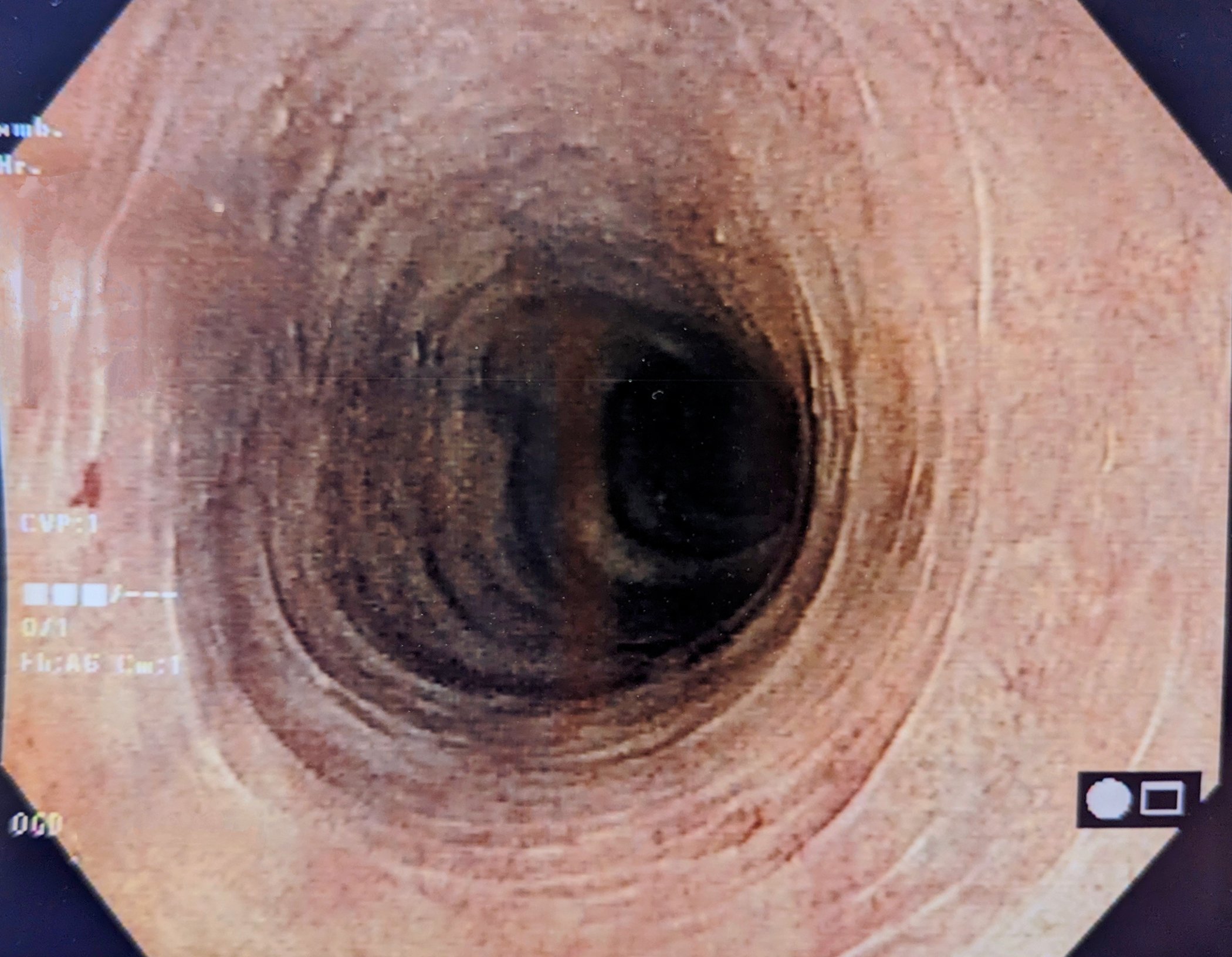Swissmedic has granted a further marketing authorization for anti-PD-1 therapy with pembrolizumab. This can now be approved in combination with chemotherapy in Switzerland for the treatment of patients with locally recurrent, unresectable or metastatic triple-negative breast carcinoma whose tumors express PD-L1 (CPS ≥10) and who have not received prior chemotherapy for metastatic disease.
In Switzerland, approximately 6350 people are diagnosed with breast cancer each year, and about 10-15% of them, mostly younger women, are diagnosed with triple-negative breast cancer (TNBC). For these indications, only a few targeted therapies are available so far. Now pembrolizumab (Keytruda®) has received a corresponding extension of approval. It may be used in combination with chemotherapy (paclitaxel (Pac), nab-paclitaxel, or gemcitabine/carboplatin) to treat patients with locally recurrent, unresectable, or metastatic TNBC whose tumors express PD-L1 (CPS ≥10) and who have not received prior chemotherapy for metastatic disease.
The approval is based on the results of KEYNOTE-3554, a multicenter, double-blind, randomized, placebo-controlled Phase III study of 847 patients with locally recurrent, unresectable or metastatic TNBC, without pretreatment of advanced disease with chemotherapy. Patients were randomized 2:1 to receive pembrolizumab 200 mg every three weeks in combination with chemotherapy or placebo in combination with chemotherapy via intravenous infusion. The primary endpoints were progression-free survival (PFS) and overall survival (OS). The secondary endpoints were ORR, DOR, DCR, and safety.
Risk of progression and death reduced
It was shown that combination therapy resulted in a statistically significant, clinically meaningful improvement over placebo plus chemotherapy. The risk of progression and death was statistically significantly reduced by 34%, and the risk of death alone was reduced by 27%. The objective response rate was 53% vs. 41% and the duration of response was 12.8 months vs. 7.3 months.
New safety signals were not detected. The most common adverse events were anemia (49%), neutropenia (41%), nausea (39%), alopecia (33%), fatigue (28%), decreased neutrophil count (22%), and increased alanine aminotransferase (20%). The most common immune-mediated adverse events observed in ≥10 patients receiving Keytruda® plus chemotherapy include hypothyroidism, hyperthyroidism, pneumonitis, colitis, and severe skin reactions. Thus, the safety profile corresponded to the known profiles of the individual drugs.
Source: MSD Merck Sharp & Dohme
Further reading:
- Rugo HS, Cortes J, Cescon DW, et al: KEYNOTE-355: Final results from a randomized, double-blind phase III study of first-line pembrolizumab + chemotherapy vs placebo + chemotherapy for metastatic triple-negative breast cancer. ESMO Congress 2021. abstract LBA16. Annals of Oncology (2021) 32 (suppl_5): S1283–S1346. 10.1016/annonc/annonc741. Presented September 19, 2021.
- Cortes J et al: Pembrolizumab plus chemotherapy versus placebo plus chemotherapy for previously untreated locally recurrent inoperable or metastatic triple-negative breast cancer (KEYNOTE-355): a randomised, placebo-controlled, double-blind, phase 3 clinical trial. Lancet 2020; 396: 1817-1828. doi: 10.1016/S0140-6736(20)32531-9.
- KEYTRUDA® (pembrolizumab) technical information, www.swissmedicinfo.ch
InFo ONCOLOGY & HEMATOLOGY 2022; 10(2): 19











